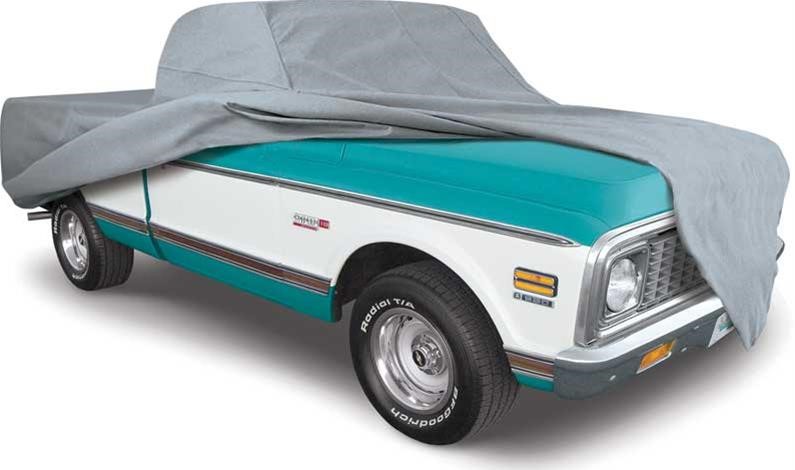
Now that the cold weather is here, I’ve always been told that starting the engine in my stored car, truck, or SUV periodically, like once a month, and letting it warm up is a good idea. Is that actually true?
G.L.
The short answer is no—it’s not a good idea and here’s why:
When you run the engine for a short time, enough to warm up the coolant to around 180 degrees F, the oil temperature may only be just above 100 degrees F. Engine oil takes much longer to come up to temperature compared to water or coolant. This is especially true when the engine is just idling and not under load.
One result of combustion is water which creates acids that are present in the oil that can attack the bearings and other internal components. If the engine is actually loaded and run down the road, this creates sufficient oil temperature to reach the boiling point of water at 212 degrees F to boil off the water. This vaporizes the water and acids that can then be ingested through the PCV valve.
This means short trips to the grocery store during winter are also not recommended. Short trips don’t allow the oil time to make sufficient oil temperature. So if that is unavoidable, at least spend a few more minutes to take the car out on the highway to put some heat into the oil system and boil off those impurities.
While I was in college, short trips were the staple of all my driving to work and school. So one morning during the winter while attending Iowa State University, I left the small block in my Chevelle running after I arrived at work at 7:00 am and then forgot to shut it off. It was plenty warmed up by the time I left for class at 11:00 am, but I don’t recommend idling an engine for 4 hours at one time. But it did bring the oil temp up!
The best thing is to either run the engine out on the highway for at least 15 to 20 miles or just let it remain in the garage until the spring. Those three months or so won’t hurt the engine. I would recommend filling the fuel tank before storing as that helps minimize moisture accumulating in the fuel tank during big temperature swings.
People get all excited about ethanol in their fuel but do you know what the active ingredient is in that the fuel additive that absorbs water so that it does not freeze your fuel line? The additive HEET is predominantly ethanol because it absorbs water and will mix with gasoline. This product works well for preventing water freezing in the fuel line! So we’d recommend adding some HEET to the fuel and to keep the tank full so moisture doesn’t collect in the tank.
It would be best to change the oil and filter before storing the engine for the winter so the oil is clean and has its full complement of additives that will keep the oil stable and helpful. It’s also not recommended to include any additives to your oil of choice. These can cause more harm than help.

Well Jeff,
I beg to differ.
Depends on storage temps and what clime you are in?
Respectfully, Gene
I agree with Davis. My winter storage may be 5 months long. I am a firm believer that all the fluids in the engine should never become stagnate.
I start my classic every 6-7 weeks and bring it up to temp in the driveway.
There will always be condensation in the engine regardless. Cast iron, steel and aluminum sweat.
Can’t be helped. But letting it collect is worse than doing nothing.
I have cam out of a 6.0 ls block 6.2 top end forged crank lunati Pistons guy said he was building me a 416 stroker roller on it spun he erased the specs got mad just took my money and did a bad job dual behive springs don’t know nothing about the specs just the cam has 2871 on the back and a nother number nm115 and g5x-4 and Pistons are sum-17407-00 push rods 7.400 wal 80 can’t please help me wasted a lot of money thank you
What does this have to do with the topic? Stay focused man!
Agreed!
Come on man, keep your eyes on the prize